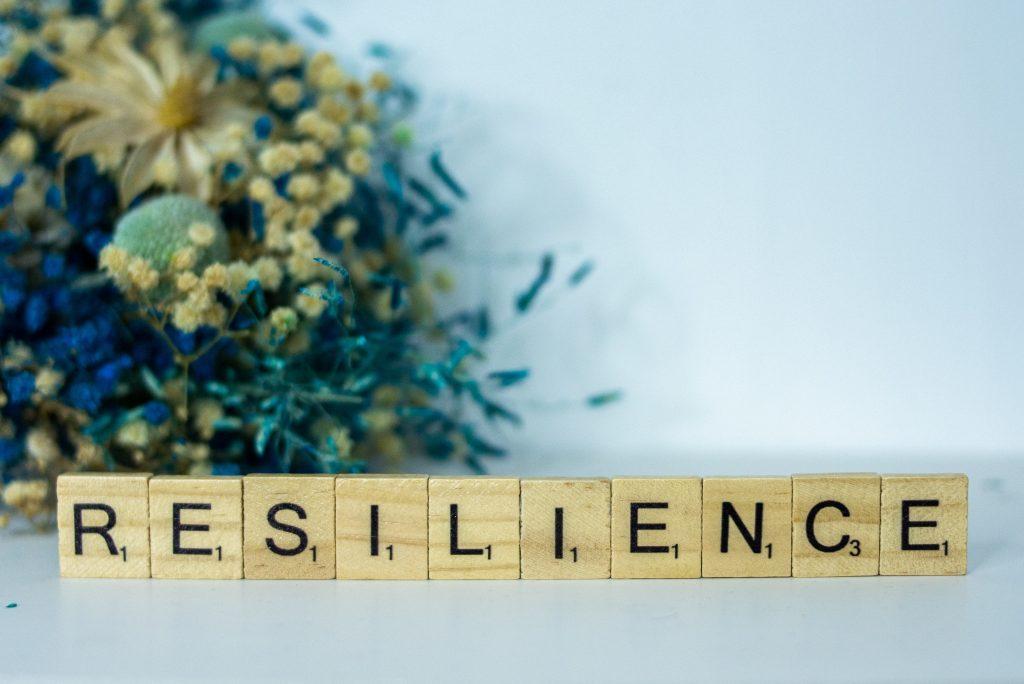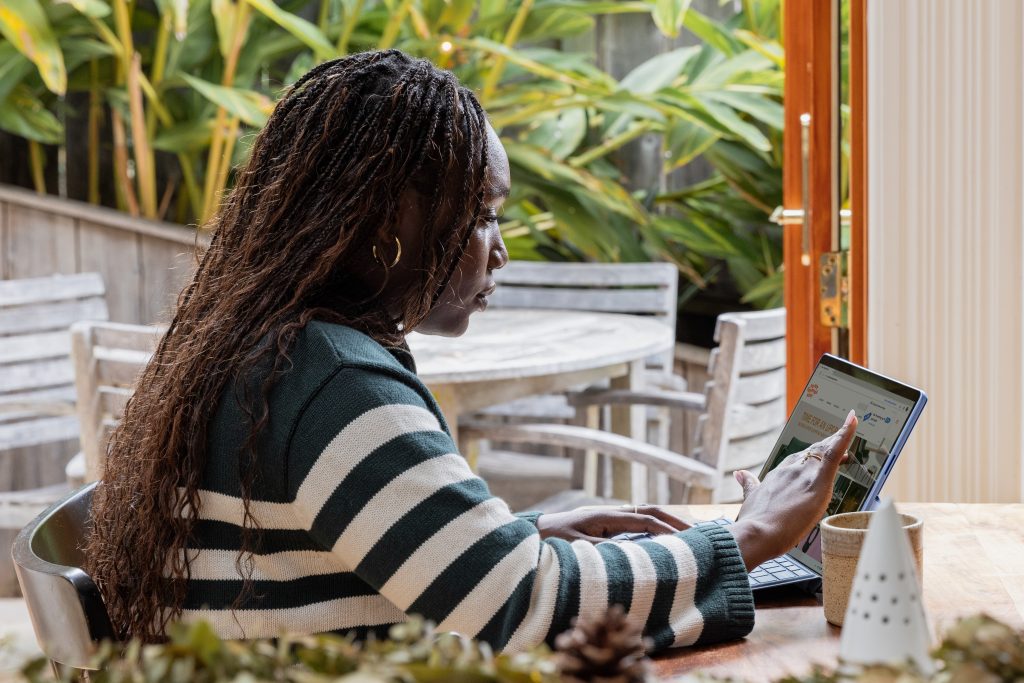A couple decades ago going to a therapist was perceived from others as if you may be a little cray cray – okay a lot cray cray. It also meant you wanted into the shrinks off and laid on a huge comfy couch with a box of kleenex ready to ball your eyes out. Well, making our way into the 21st century a lot has changed and seeking therapy is seen as more of a sophisticated intelligent thing to do. You don’t have to be necessarily sophisticated to see a therapist and in fact, it is and always has been something that is extremely beneficial for everyone. And with the way our technology is currently, we don’t really have to step foot in anyone’s office to seek therapeutic wellness. There is an app for that!
Sporteluxe dives in a bit deeper to explain what these apps are all about –
What are therapy apps?
Put simply, therapy apps provide mental health assistance to people who don’t have the means to see a psychologist face-to-face — whether it’s because they can’t afford it, live in a rural area or their regular therapist is out of town. They work in a variety of different ways, depending on the app. Some work by being like a therapist in your pocket, allowing you to communicate with a licensed psychologist via video chat or text message at any time. Others are more like a mental health tracker or ongoing self-help program.
As for whether these apps can actually be considered a decent alternative to seeing a therapist in person? The psychology world can’t quite seem to agree on that. While some psychologists praise therapy apps for making mental health cheaper and more accessible, others argue that you don’t get the same level of care and individual attention as you would in person.
However, there is one thing they all agree on — therapy apps can’t completely replace ongoing, face-to-face sessions when it comes to more complicated and severe mental health issues. If you think what you’re experiencing is more than just a blue mood or a bit of stress, it’s worth chatting to your GP to figure out how best to proceed. But if you believe a mental health app could be useful for you, scroll through the gallery to find out which one best suits your needs.
1. Mindsail
Mindsail is like having your own personal life coach at your fingertips. Their on-demand programs cover everything from stress and sleep to relationships and include bite-sized coaching sessions, visualizations, and breathing exercises. We also love the MoodBoost feature: 5-minute meditations that help change a negative mindset into a positive one. Perfect for before a job interview or big work meeting!
2. WorryTime
If you’re a chronic worrywart (guilty!) this free app from ReachOut is about to become your new best friend. Unlike well-meaning loved ones it won’t tell you to simply ‘stop worrying’. Instead, you add in what’s worrying you and it gives you a designated ‘worry time’ — during which you’ll be allowed to fret. After that has passed, you have to move on with your life! It’s a simple tool that goes a long way when it comes to getting some mental distance from your troubles.
3. Talkspace
With Talkspace, you answer a questionnaire and are matched with a virtual counselor based on your individual needs. For $32 per week, you then can chat to them via text up to two times per day, with the option to also schedule video calls. There are also unlimited messaging options for a higher price, as well as a couple’s therapy version.
4. Moodnotes
Moodnotes is like a fitness tracker for your emotions. Each day, it asks you to rate how you’re feeling and depending on your answer, it may ask you to dig a little deeper into you’re feeling that way. It’s based on the principles of Cognitive Behavioural Therapy, so it’s all about uncovering patterns in your thoughts and feelings in order to change them for the better.
5. Smiling Mind
There are lots of great meditation apps out there, but Smiling Mind has been specifically developed by psychologists to address mental health issues like stress and anxiety. It also has a built-in mood tracker, which encourages you to compare your mood before and after meditation.
Do you have any apps you enjoy using that helps you relieve stress, feel better and help wash away your worries?






